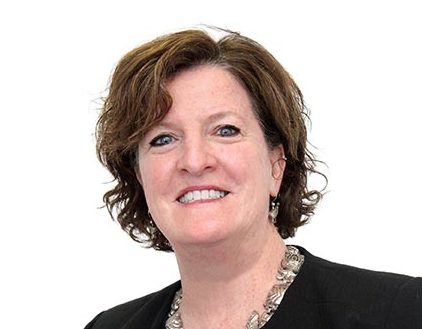We’ve all driven by the heartbreaking pile of someone’s personal belongings heaped out on the curb and then eventually picked over by others even less fortunate than the soul who got booted out of his or her home.
The dirty couch, the lamp with ripped shades, the skeleton of a dresser with drawers broken nearby because they were tossed in haste, perhaps even disgust – each item forms the scarlet letter announcing someone’s poverty.
Mental illness, poverty, inability to pay rent – once private ghosts, now become public to all who pass by.
The piles have always bothered me.
Now, because I have been part of a group that carried the belongings of someone else to the curb, the piles will remind me that for some, during an ideal time frame, we cannot make a difference.
For the purpose of this column, the person evicted is named Sue.
Though multiple agencies knocked on her door and offered assistance and her neighbors did what they could to cobble together help over the years, Sue’s woes mounted.
I knew about her problems for almost two years.
Court records reveal that others knew about Sue’s woes for even more years.
The most recent month of attempts to help Sue included more than 15 phone calls, 40 hours of individual and group assistance, including outreach by at least five agencies and/or nonprofits.
Despite the outreach, no one has really connected with Sue.
Eventually, she could not keep a path clear enough for maintenance workers to get the plumbing when there was a problem, or check her stove when it gave out. She could not make the distinction between daily, immediate problems and past woes that still seemed immediate, even threatening.
No matter how hard a small group tried, the team discovered that there are people who cannot be helped because they cannot help themselves. Their problems become so complex and mount for so many years that those problems become too big, and so they are kicked down the road.
I met with Sue the morning she was evicted.
Before her belongings were carried out to the curb, before a team gently placed her treasures like trash on the sidewalk and around the side of her home, we talked.
She offered an inventory of a lifetime of heartaches – some real and some imagined; I assured her that on that morning she was doing a good job.
“You are doing a good job because you are doing the best that you can,” I told her. “You have another place to live. That is some good news today,” I added, knowing that in reality no one person took the lead long enough to stop this woman’s train from wrecking.
We had only temporarily switched the track.
From one pile in her living room, Sue grabbed a darkened light bulb that had a rattle that revealed it had been dead for years.
“I’ll definitely need this,” she said.
I picked up piles of her wedding china and photographs of her late husband and assured her “You will want these too.”
In a county known and sometimes criticized for its generosity, Sue’s basic needs were barely met. Over the years, Sue had public and private assistance. Volunteers knocked on her door and offered help; the humane society stopped in to check on her cats. Social workers met with her; her landlord offered her breaks.
But Sue remains broken.
Each time we see piles on the curb, we should remember that even a strong support system remains imperfect. Sue’s eviction is a reminder that when it comes to helping those with mental health issues, we are not quite there.
Investing more money to help residents like Sue might not be the answer. More collaboration among agencies and people who have overlapping missions would be a good start.
The frequent need to have proof of imminent danger might be a bar that is too low for those with mental health concerns who clearly need help.
Sue’s circumstances revealed to me the very fine line between imminent danger and life and death.
We are a county where government agencies, faith-based groups, non-profits and individual philanthropists work collaboratively and tirelessly to ensure that housing, food, safety are available.
And yet, we still have not helped Sue.
Far From Peace,
Lisa Moody Breslin

